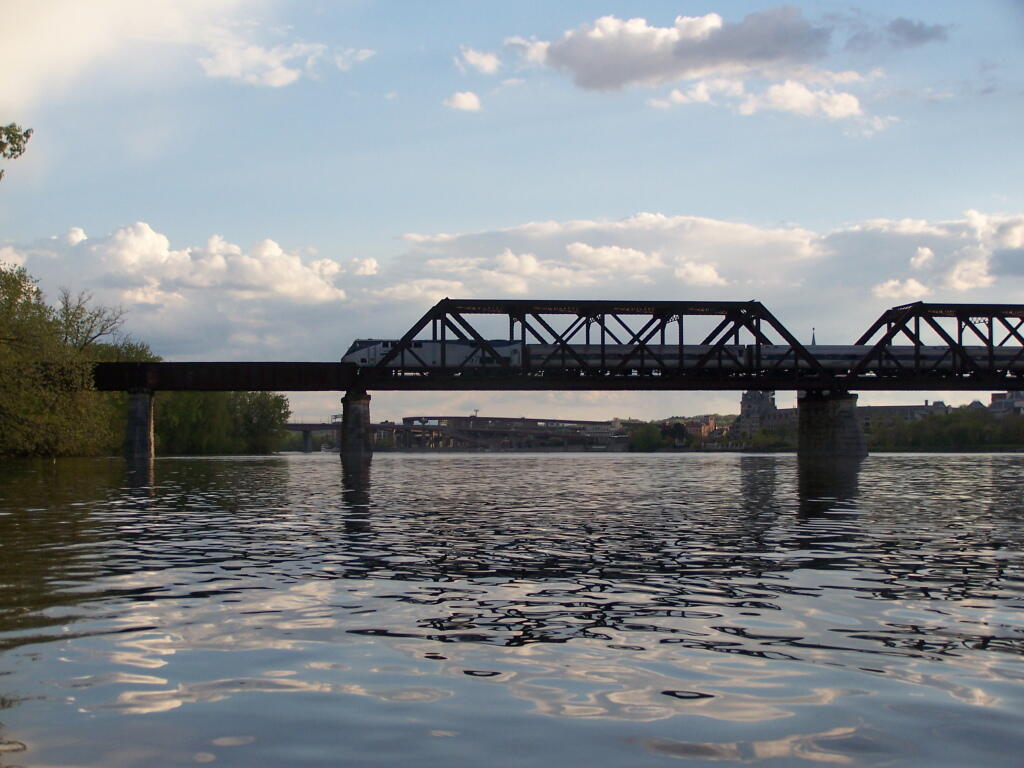Why the 2060s Are So Important to Climate Change – The Atlantic
Last week, two major papers on sea-level rise were published. Both try to answer the greatest outstanding questions about sea-level rise: How much will the oceans rise, and how fast? Their conclusions are either reassuring or frightening, depending on your optimism about how quickly the world will get a handle on its carbon pollution.
The first paper, written by 84 scientists, shares the results from a portfolio of the newest climate models and is clearly meant to shape the Intergovernmental Panel on Climate Change’s sixth assessment report. If countries follow the path they have currently committed to under the Paris Agreement, the world’s average temperature will rise about 3 degrees Celsius by 2100. That will induce about 25 centimeters, or about 10 inches, of sea-level rise, according to the median model run, the new paper finds. But if countries manage to hold warming to 1.5 degrees Celsius, as they now aspire to do, then the median sea-level rise falls to about half that amount.
Vermont dairy farms are getting bigger and more efficient
Nearly half of Vermont dairy farms have 500 or more cows today, compared to nearly half having fewer than 100 cows 40 years ago, according to a report from the state auditor.
Doug Hoffer said he investigated trends in Vermont dairy farming "to serve as a resource for State policymakers, program managers, and the public as they consider the future of dairy in Vermont and what role public funds should play."




